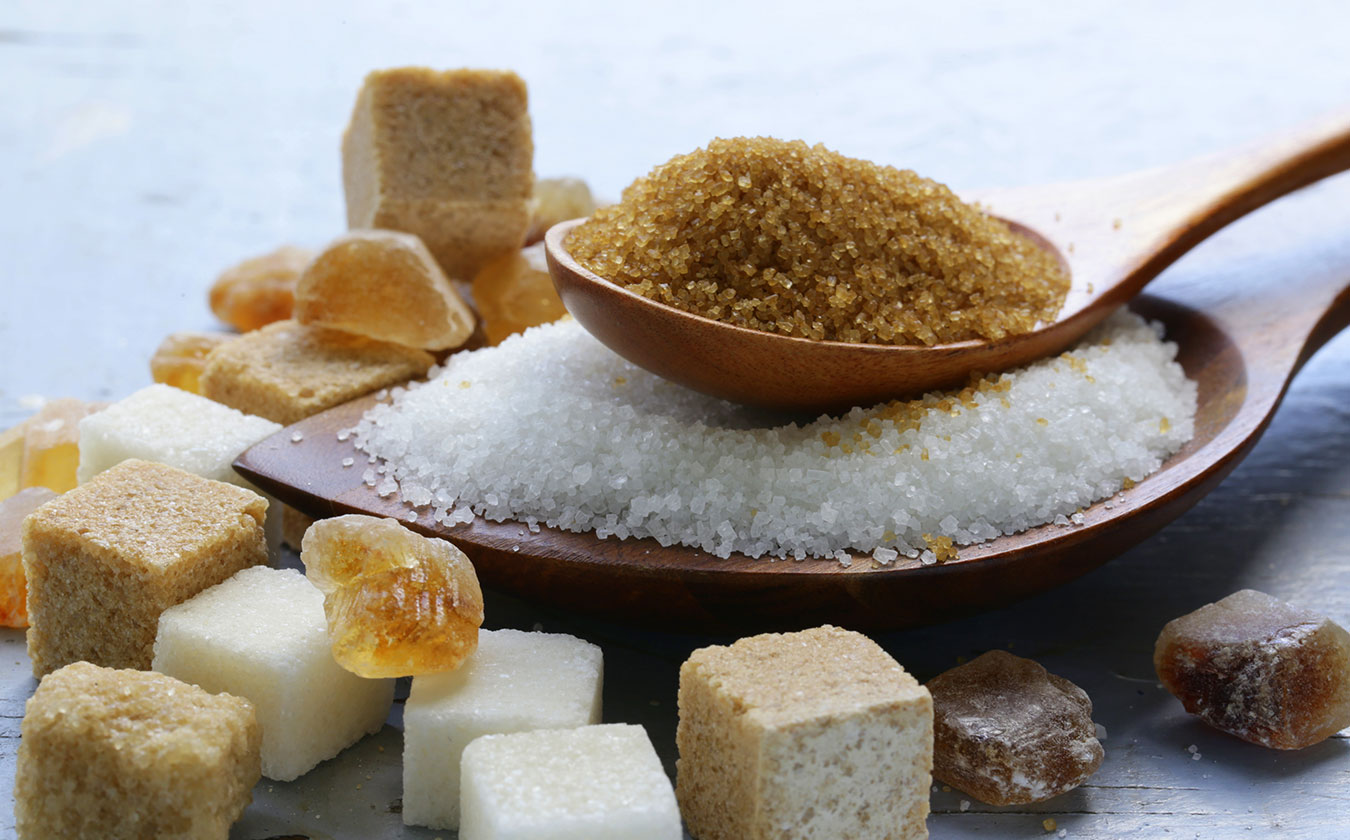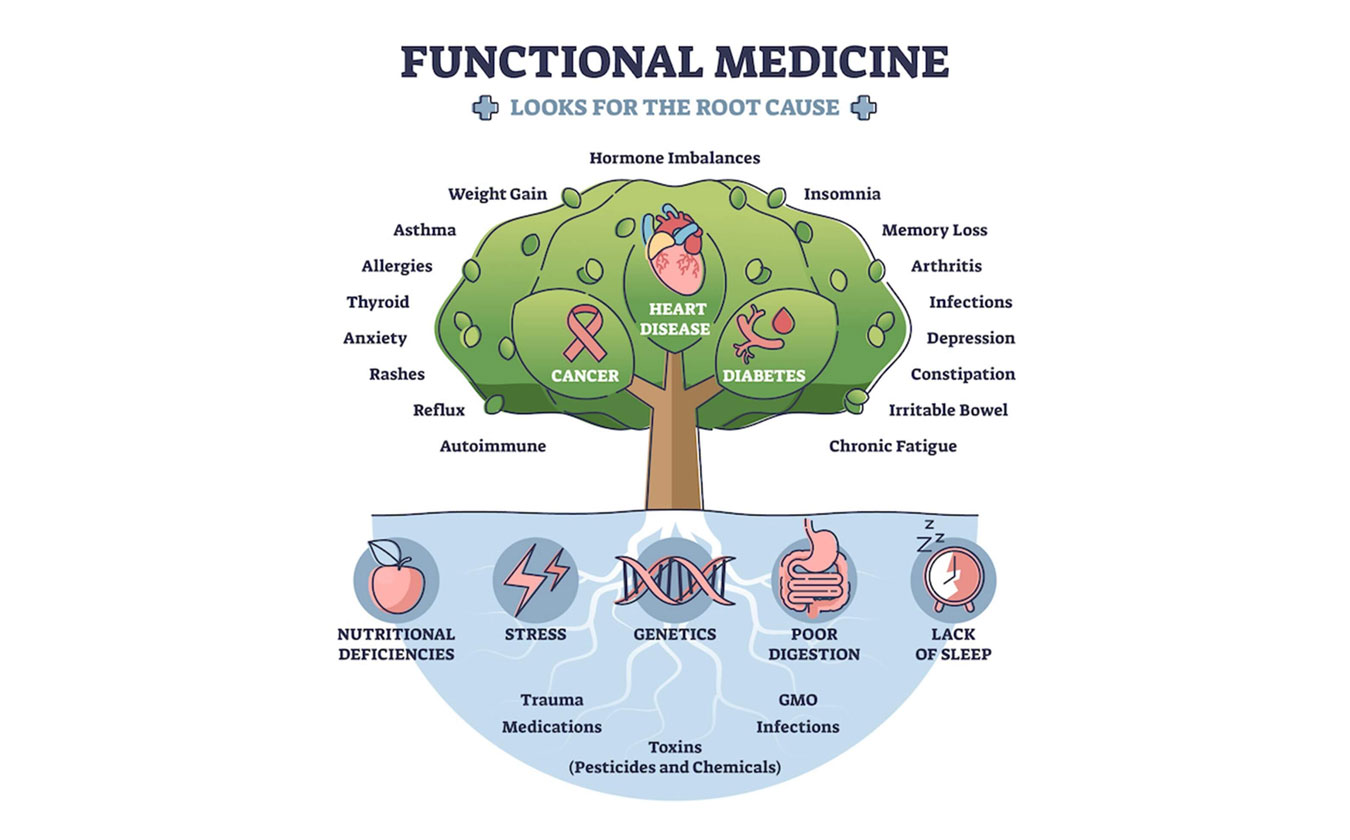Anti-inflammatory foods contain properties that can help reduce inflammation in the body. Acute inflammation is a necessary response of the immune system to things such as injury or infection, but chronic inflammation can be harmful and is associated with various health conditions such as heart disease, arthritis, type 2 diabetes, gut-microbiome imbalances and certain cancers. Anti-inflammatory foods are those that contain compounds that can help modulate the inflammatory response or have antioxidant properties, which can neutralize free radicals and reduce oxidative stress. Including anti-inflammatory foods in your diet can help promote overall health and reduce inflammation in the body.
1. Green Leafy Vegetables – Swiss Chard for example, is extremely high in the antioxidants vitamin A and C, as well as vitamin K, which can protect your brain against oxidative stress caused by free radical damage.
2. Bok Choy – An excellent source of antioxidant vitamins and minerals
3. Celery – Benefits of celery as well as celery juice include both antioxidant and anti inflammatory abilities that help improve blood pressure and cholesterol levels, as well as prevent heart disease.
4. Beets – The antioxidant betalain gives them their signature color and is an excellent anti inflammatory. When added to the diet, beet benefits include repairing cells and adding high levels of inflammation fighting potassium and magnesium.
5. Broccoli – An antioxidant powerhouse, with key vitamins, flavonoids and carotenoids, and thus a perfect antiinflammatory food.
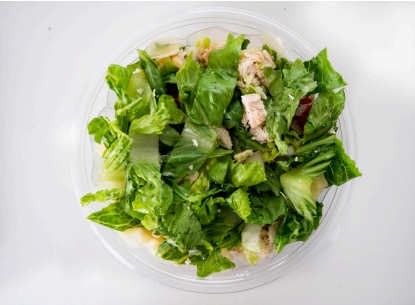
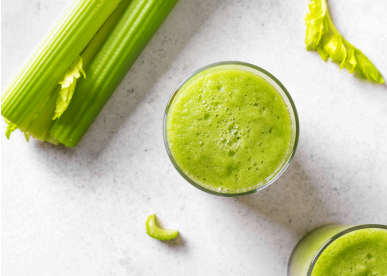
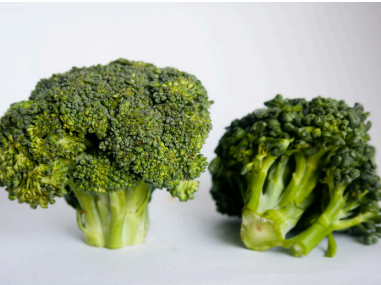
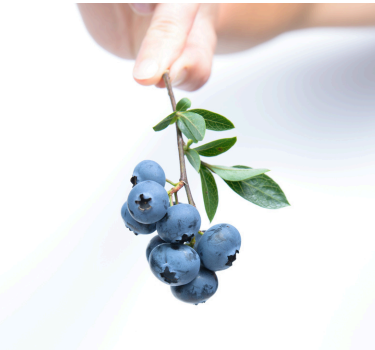
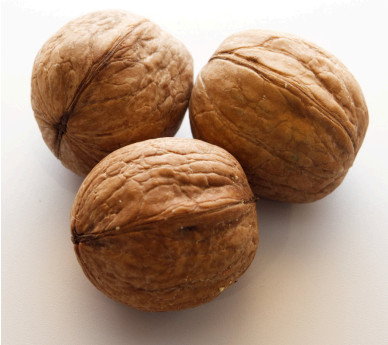
6. Blueberries – The presence of quercetin as well as the fellow phytonutrient anthocyanins explains why there are so many health benefits of blueberries.
7. Pineapple – The benefits of pineapple are due to its high supply of vitamin C, vitamin B1, potassium and manganese, in addition to other special antioxidants that help prevent disease formation.
8. Salmon – An excellent source of essential fatty acids and considered one of the best omega-3 foods. Omega 3s are some of the most potent antiinflammatory substances.
9. Bone Broth – Contain minerals in forms that your body can easily absorb, including calcium, magnesium, phosphorus, silicon, sulphur and others.
10. Walnuts – When following a diet without a lot of meats, nuts and seeds can make up the difference for protein and omega-3s
11. Coconut oil – Benefits include fighting free radicals with its high levels of antioxidants
12. Chia Seeds – Chia seeds’ ability to reverse inflammation, regulate cholesterol and lower blood pressure make it extremely beneficial to consume for heart health
13. Flaxseeds – An excellent source of omega-3s and phytonutrients, flaxseeds benefits include being packed with antioxidants.
14. Turmeric – Turmeric’s primary compound, curcumin, is its active antiinflammatory component.
15. Ginger – Used fresh, dried, or in supplement form and extracts, ginger is another immune modulator that helps reduce inflammation caused by overactive immune responses.
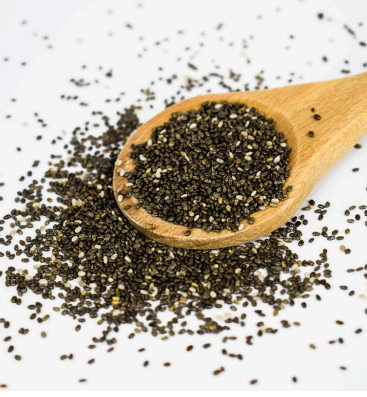
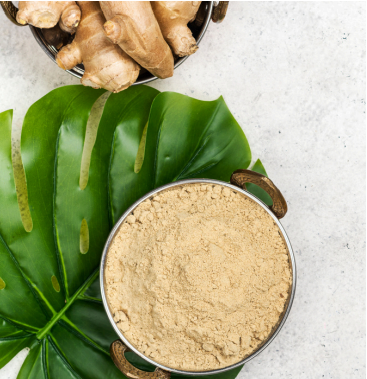
Which of the 15 foods/spices listed above do you already enjoy and which ones would you like to add into your diet?
6 lifestyle tips for lowering inflammation include:
- Getting adequate sleep – our bodies repair during sleep
- Regular exercise – a mix of cardio and strength training is ideal
- Reducing stress – meditation, breathwork, yoga, etc.
- Staying hydrated – drink plenty of water and avoid sugary drinks
- Scale back on processed food such as chips, sweets, processed
meats, and fried foods - Getting outside and spending time in nature
Incorporating these 15 anti-inflammatory foods into your diet can not only enhance your overall well-being but also contribute to a healthier and more balanced lifestyle.
Start with one or two foods/strategies this week and add in more as you can.





